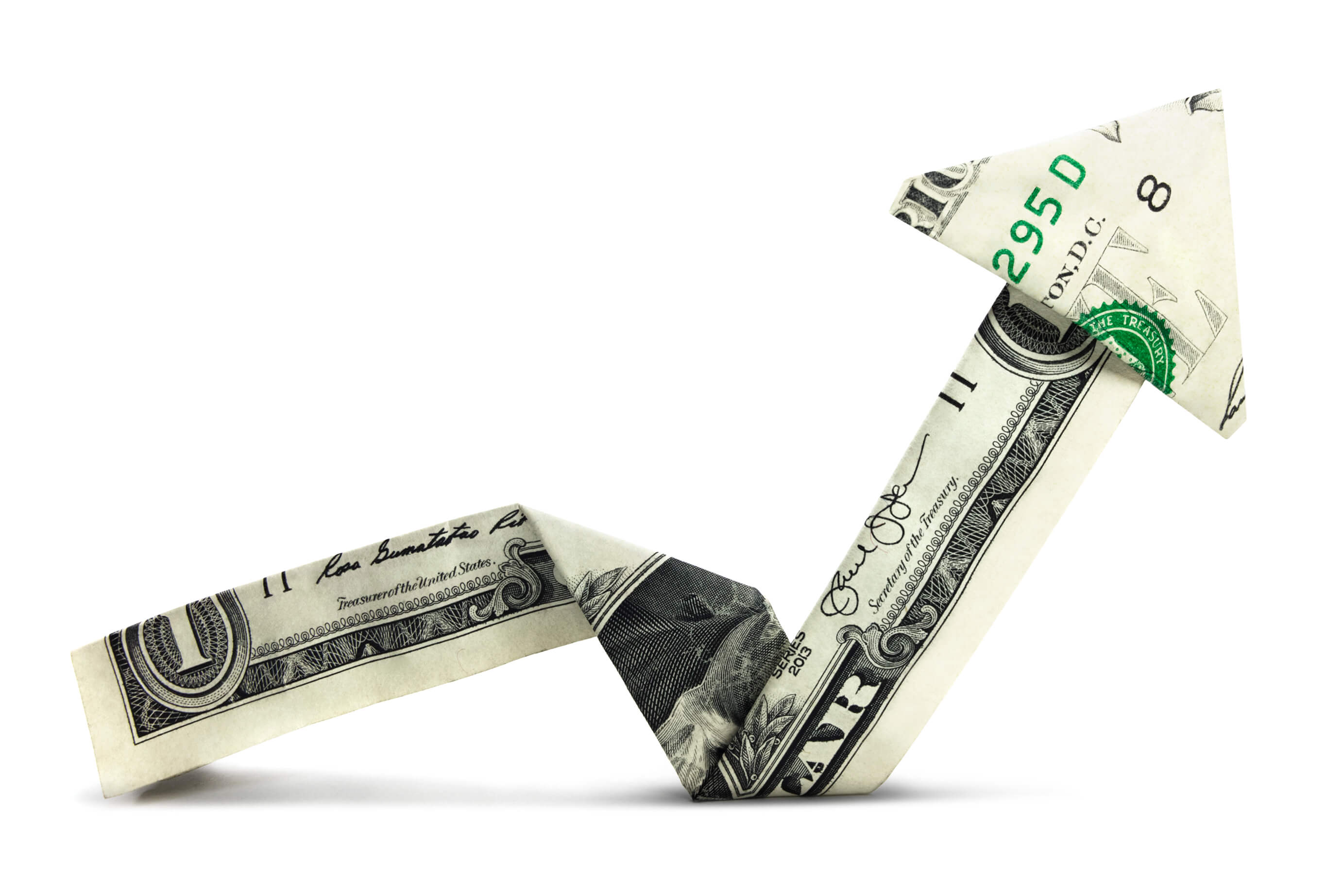Imagine that you see your accountant at year-end to examine your taxes along with profit versus cash, and you receive great news. Your business has made a substantial profit, but you’re dumbfounded because there’s no cash in the bank account, and you have no idea about how your income tax will be paid. You must be wondering about the possibility of this happening as it’s strange for a business to make profits while not having any cash at the year-end. You might not believe it, but businesses face this scenario regularly.

Profit versus cash: Basic difference
All the cash withdrawals and deposits in a business collectively form its cash flow. The profit for any business is the variance between income and sales, including the expenses that were incurred to make that sale. There are ways a company can have positive cash flow but will show no profit for it, such as in cases involving the acquisition of loans or owners’ equity in the form of cash. If this happens, this would not be counted as an asset of a business. Rather it’s a liability that needs to be paid off.
Contrariwise, a business would incur negative cash flows while making profits at the same time, if the owner takes money out of the business for personal use or make other investments. The essential difference between profit versus cash resides in the source of the transaction as for what purpose the money is coming in or going out of the business.

Cash
Cash, which is referred to as cash flow in business terms, is the amount that flows in and out of the firm in lieu of its operations, funding, and investing activities. This is the money that is a requirement for a business to meet it’s current and future obligations. There are two main things about profit versus cash flows that must be kept in mind.
- As discussed above, even a profitable business may have satisfactory cash to meet its daily demands. In the worst cases, inadequate cash flow can also lead businesses to bankruptcy. For example, you’re a manufacturer and have sold off your product at a profit. However, there is a long sales chain, which means that you would not receive the payment for the next 2, 3 months. It may sound like a lot of time, but such periods are quite normal among large businesses. Since your business is not yet established, you may not get enough time to pay your suppliers.
- Your sales may be rising, and you keep receiving the cash. However, that doesn’t necessarily mean that you are making profits. In case you had borrowed the money to solve the cash situation, the increasing debt expenses can raise your costs above the breakeven, ultimately drying your cash flow and resulting in catastrophe for your business.

Profits
Profits are also known as net income and are the amount that remains after subtracting all the expenses from sales. It is a known fact that no business can sustain without profits. However, sometimes as your product starts selling, the expenses can rise even further. While analyzing profit versus cash, we see that they are similar in specific ways as well as different in others. Unless you have a clear understanding of all your costs and expenses, you cannot have a clear picture of your profits.
Often at times of rapid profits, the operational costs and other expenses increase at such a rapid rate that you are not able to cope up with the pace, therefore, leading to business failure. And this does not even include issues related to customer service, human resources, and leadership.
In an emerging business, keeping track of profit versus cash also entails catering to these related issues. At times it may even become essential to restrict the growth rate to assure long-term success.
 About Complete Controller® – America’s Bookkeeping Experts Complete Controller is the Nation’s Leader in virtual bookkeeping, providing service to businesses and households alike. Utilizing Complete Controller’s technology, clients gain access to a cloud-hosted desktop where their entire team and tax accountant may access the QuickBooks™️ file, critical financial documents, and back-office tools in an efficient and secure environment. Complete Controller’s team of certified US-based accounting professionals provide bookkeeping, record storage, performance reporting, and controller services including training, cash-flow management, budgeting and forecasting, process and controls advisement, and bill-pay. With flat-rate service plans, Complete Controller is the most cost-effective expert accounting solution for business, family-office, trusts, and households of any size or complexity.
About Complete Controller® – America’s Bookkeeping Experts Complete Controller is the Nation’s Leader in virtual bookkeeping, providing service to businesses and households alike. Utilizing Complete Controller’s technology, clients gain access to a cloud-hosted desktop where their entire team and tax accountant may access the QuickBooks™️ file, critical financial documents, and back-office tools in an efficient and secure environment. Complete Controller’s team of certified US-based accounting professionals provide bookkeeping, record storage, performance reporting, and controller services including training, cash-flow management, budgeting and forecasting, process and controls advisement, and bill-pay. With flat-rate service plans, Complete Controller is the most cost-effective expert accounting solution for business, family-office, trusts, and households of any size or complexity.




